
Post by : Vansh
In a world that often feels divided by borders, politics, and cultural differences, national teams stand as powerful symbols of unity, pride, and collective identity. When a national anthem plays and players wear their country’s colors, millions watching from every corner of the nation feel a sense of connection that transcends geography. This emotional link is what makes national teams more than just sports squads—they become the heartbeat of a nation.
Modern nations are incredibly diverse, often composed of people from various ethnic, religious, and socioeconomic backgrounds. Yet, despite this diversity, when the national football, cricket, or basketball team takes the field, everyone cheers in unison. That unifying power is unique to national teams, which act as a bridge between citizens of all walks of life.
In times of social unrest or political tension, these teams offer a brief moment where differences are set aside. Everyone—regardless of their beliefs—feels emotionally invested in the outcome. This collective spirit strengthens social cohesion and reminds people of what they share, not what separates them.
When national teams perform on international stages like the FIFA World Cup, the Olympics, or the ICC Cricket World Cup, they’re not just competing for trophies—they're representing their nation’s culture, values, and resilience. A win for the team is a win for the people, and a moment of celebration for the entire country.
For smaller or less globally dominant nations, this representation becomes even more significant. It’s an opportunity to showcase national strength and talent to the rest of the world. Think of how Iceland’s football team won hearts worldwide in Euro 2016, or how Jamaica’s sprinting legacy has made the country synonymous with speed and excellence.
The bond between a national team and its supporters isn’t transactional—it’s deeply emotional. Players often speak about how they feel extra responsibility when wearing the national jersey, knowing they carry the hopes and dreams of millions. On the flip side, fans pour their emotions into each match—celebrating wins like personal triumphs and grieving losses like family tragedies.
This mutual devotion elevates national teams to a level of reverence that club teams rarely achieve. A player may be loved at a club, but playing for the country bestows a legendary status that transcends sport. It’s why athletes like Lionel Messi cried tears of joy after winning the Copa América for Argentina—it was more than a trophy; it was a nation's long-awaited dream.
National teams often become intertwined with a country’s identity and history. For instance, South Africa’s rugby team played a crucial role in uniting the nation post-apartheid, especially during their historic 1995 Rugby World Cup win. Nelson Mandela’s presence in a Springbok jersey was a powerful political and cultural moment that signaled reconciliation.
Similarly, national teams can make political statements without uttering a word. A player kneeling during a national anthem, or a team refusing to play against another nation due to geopolitical conflicts, reflects broader societal sentiments. These moments make national teams not just sporting entities but platforms for change and representation.
One of the most overlooked aspects of national teams is their ability to inspire the next generation. Young fans watching their national heroes play dream of representing their country one day. That sense of aspiration fuels athletic development and national sports programs. It promotes healthier lifestyles, community engagement, and educational opportunities, especially in countries where resources are limited.
These role models serve not just as athletes, but as symbols of what’s possible through hard work, discipline, and passion. For children in underprivileged regions, seeing someone from a similar background make it to the national team is proof that dreams can come true.
The views and opinions expressed in this article are for informational and educational purposes only. They do not necessarily reflect the official policy or position of DXB News Network. Readers are encouraged to form their own perspectives and interpretations.

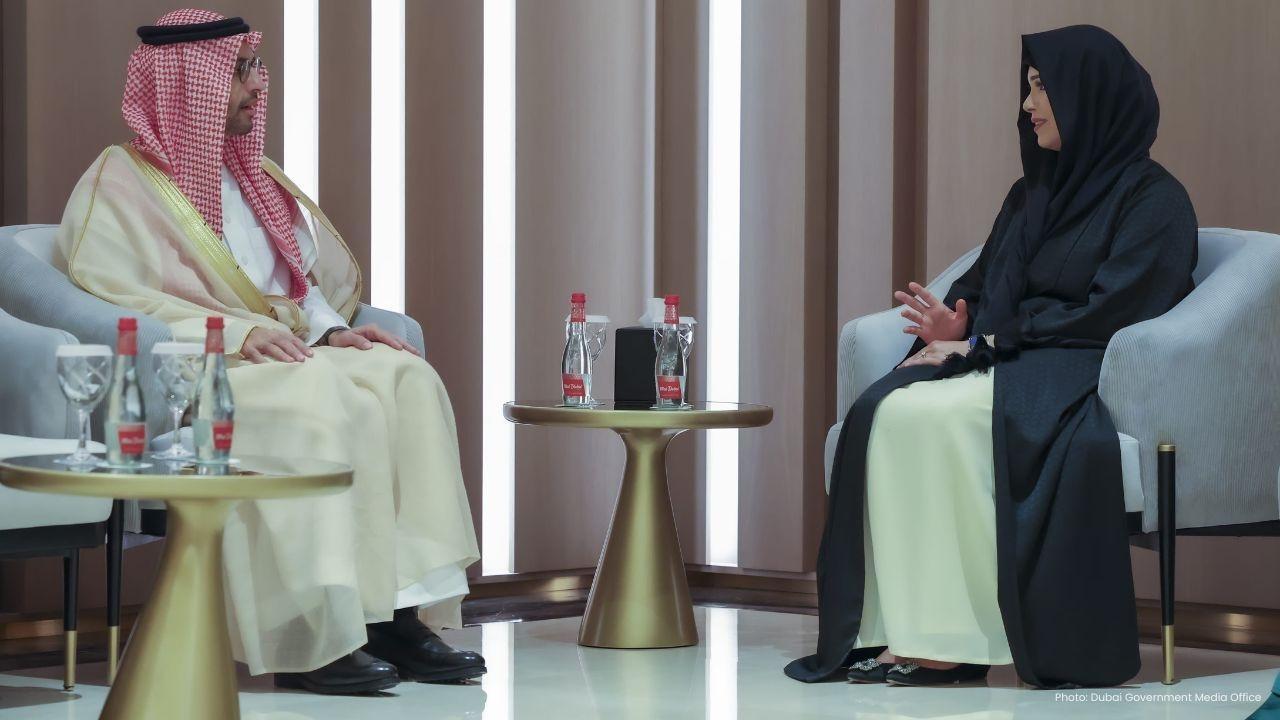
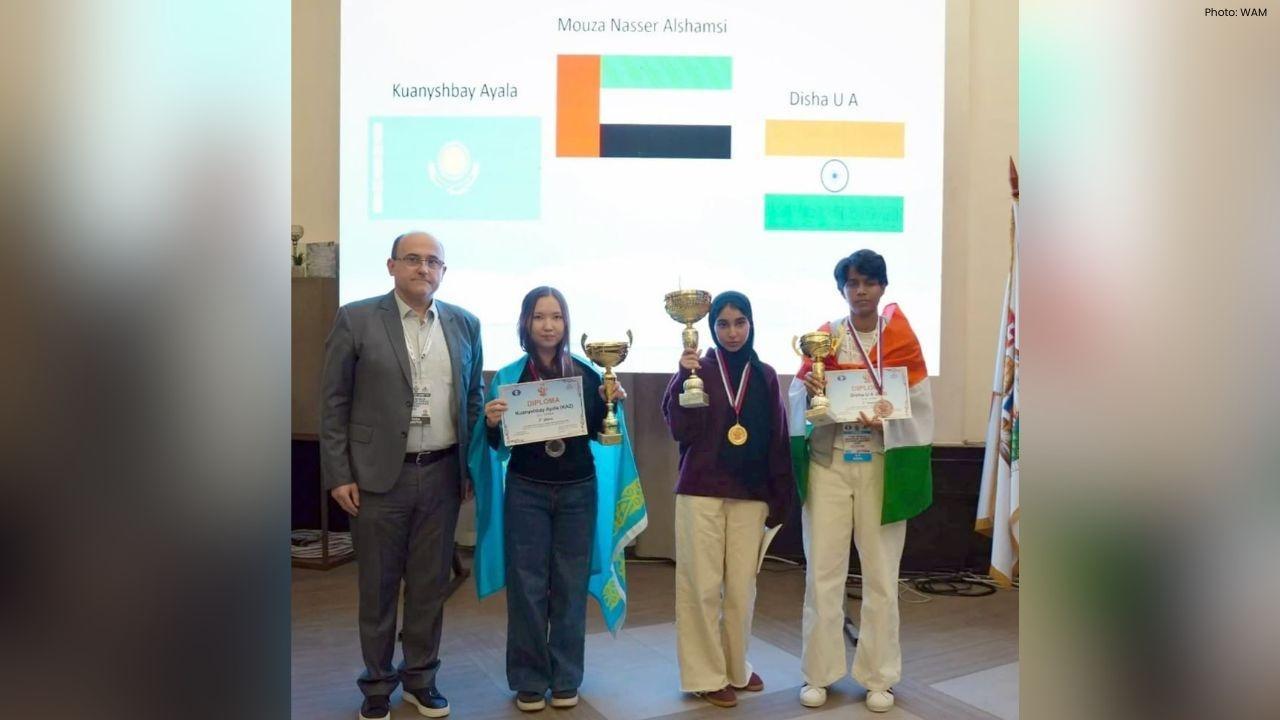
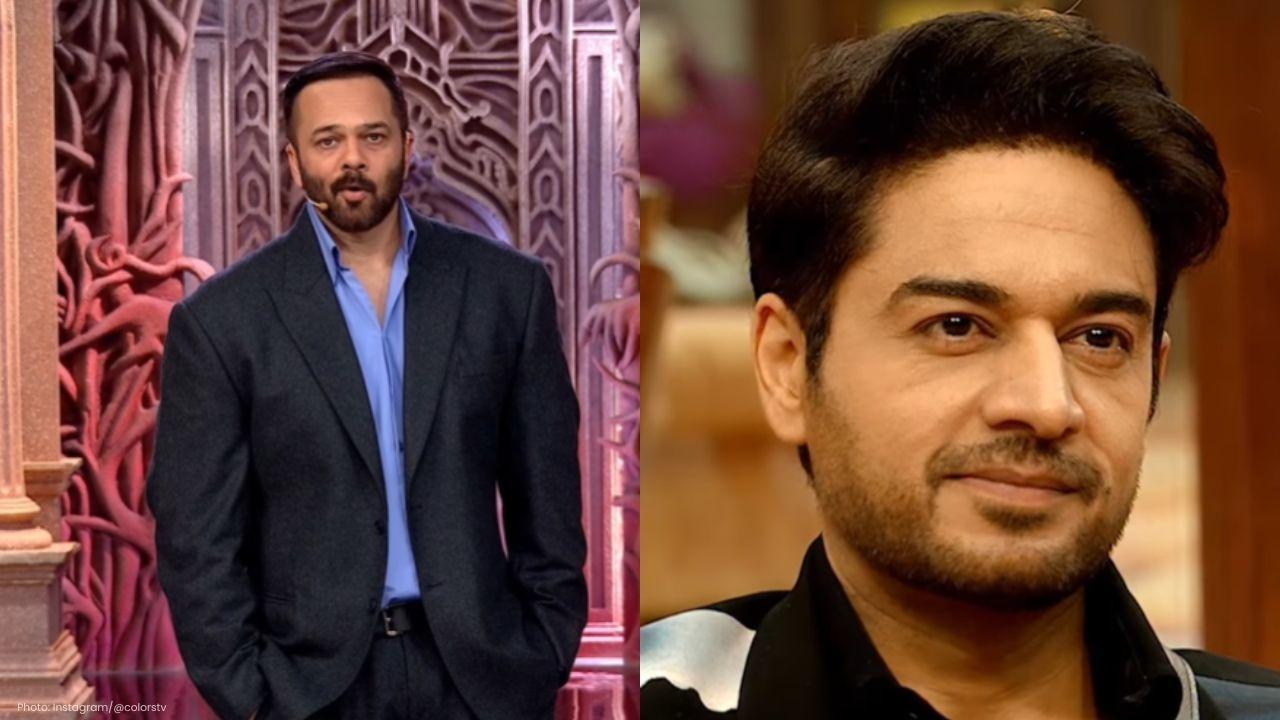






Pageau's Overtime Goal Propels Islanders to 4-3 Victory Over Golden Knights
In a thrilling overtime finish, Jean-Gabriel Pageau leads the Islanders past the Golden Knights 4-3,

MLB Awards: deGrom and Acuna Jr. Shine as Comeback Players
Jacob deGrom and Ronald Acuna Jr. celebrated MLB Comeback Player Awards, alongside Ohtani and Judge
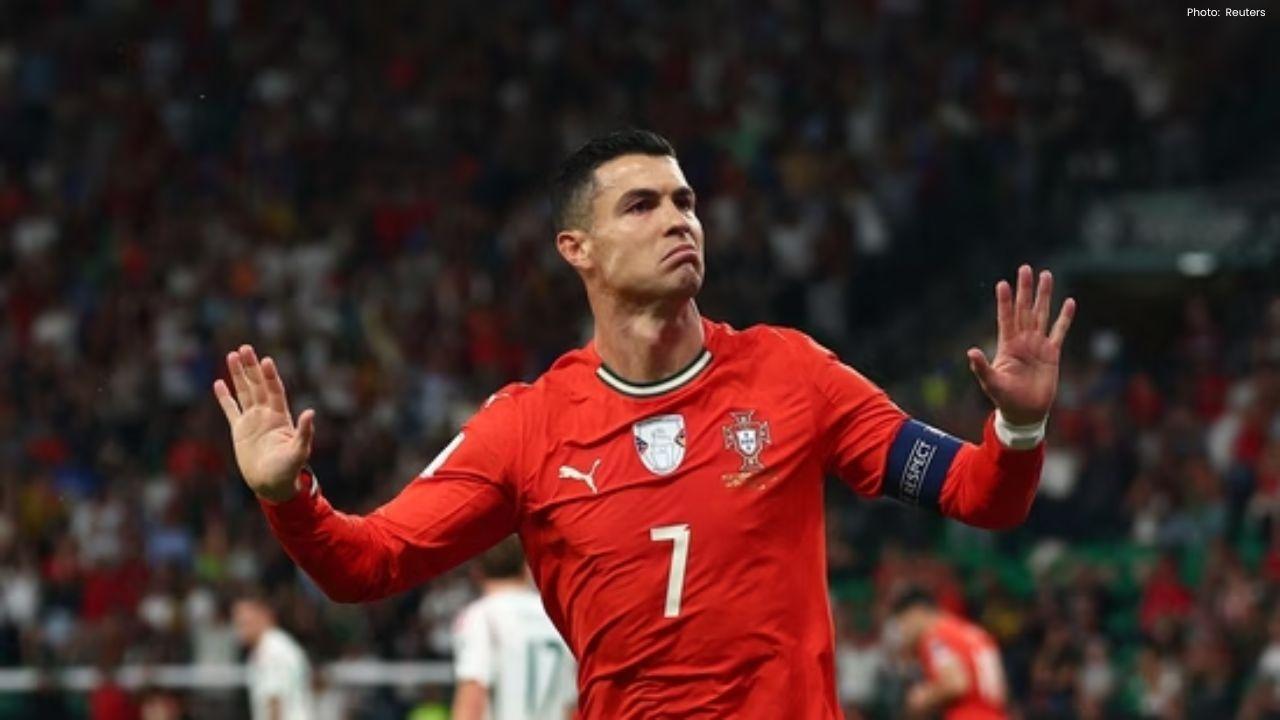
Portugal Confronts Ireland in Pivotal World Cup Qualifier
Portugal, led by Cristiano Ronaldo, faces Ireland in a vital Group F World Cup qualifier that could

Haaland's Brilliance Leads Norway to 4-1 Victory Against Estonia
Erling Haaland showcases leadership as Norway crushes Estonia 4-1, boosting their World Cup ambition
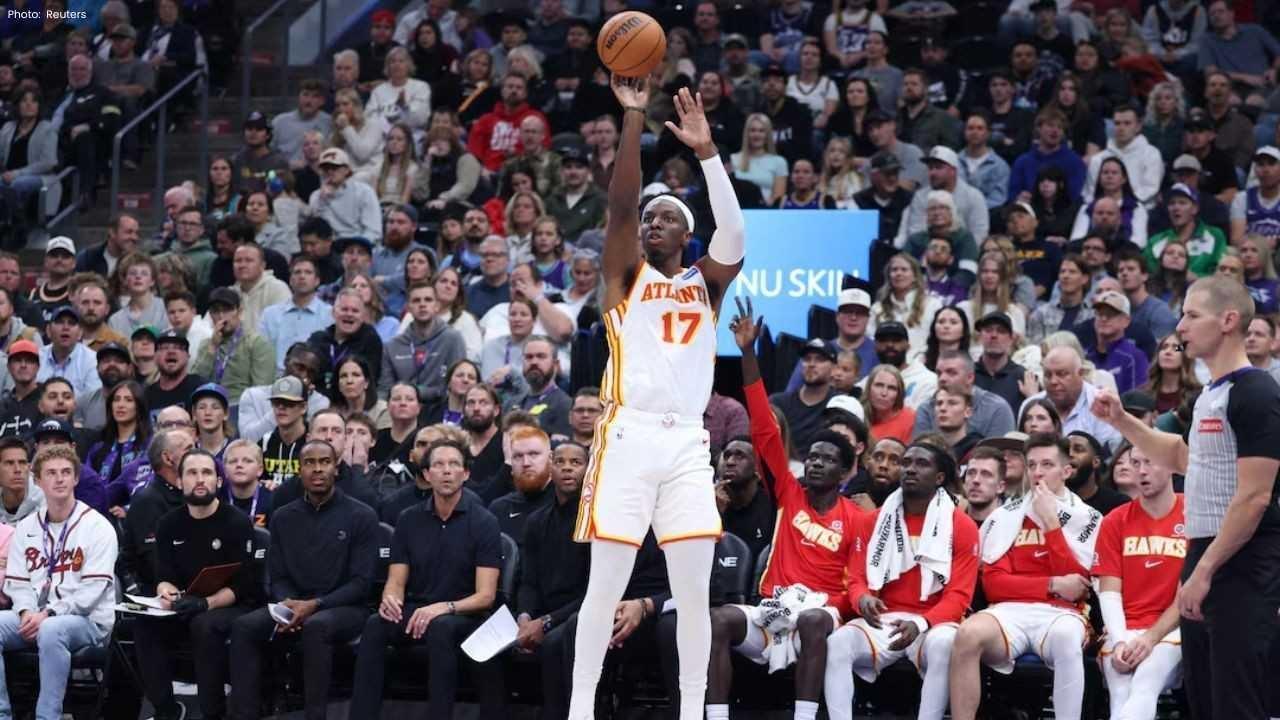
Hawks Triumph Over Jazz; Suns and Raptors Secure Victories
Hawks' Onyeka Okongwu and Jalen Johnson lead in a thrilling win against Jazz; Suns and Raptors also

Indian Men's Recurve Team Clinches First Asian Gold in Nearly Two Decades
The Indian men's recurve team triumphed over South Korea, securing their first Asian gold in 18 year